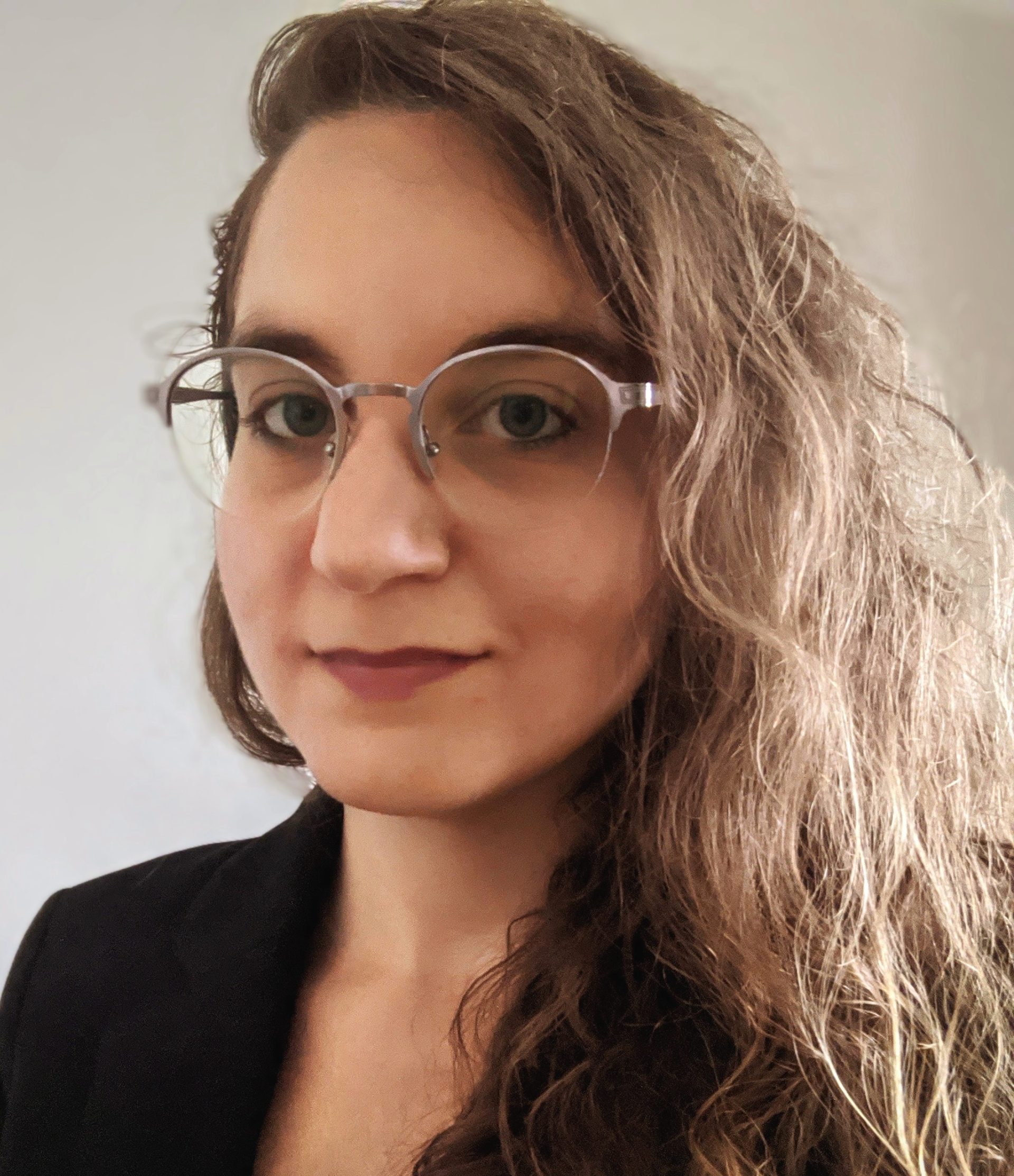
Kayla Hilstob
Simon Fraser University in Vancouver, Canada
-
- Research topic:
- Assembling and Disassembling Nortel Networks in Eastern and Central Europe
- Period:
- october 2024

Simon Fraser University in Vancouver, Canada
A PhD Candidate at Simon Fraser University in Vancouver, Canada. She examines the militarization of communication in both historic and contemporary contexts from a political economic standpoint. Her dissertation is a study of Canadian techno-nationalism and its domestic and global effects since the beginning of the digital age. She is interested in national networks that became connected to broader ones and those that did not. Her work also looks ahead to what comes after the myth of the global internet breaks down.
Amidst technological change and global deregulation, newly independent states of Eastern and Central Europe (ECE) were modernizing telecommunications infrastructures (Bareikytė 2022; Himma-Kadakas and Kõuts-Klemm 2023). Canada's Nortel was the sole company to possess digital telephone switch technology at the time (MacDonald 2000). Nortel forged early links between the East and West, for example, connecting London and Moscow with ISDN service on the European Telecommunications Standards Institute (ETSI) standard. Nortel's mission became "to be the architect of a world of networks" (Bell System Memorial, 1997).
Nortel developed fibre-optic highways in the Black Sea region, modernized Lithuania’s railway communication, and expanded Ukraine's first nationwide 3G mobile network.
Kayla's research suggests that the popular myth of the global "network of networks" (Lovink and Rossiter 2018) propagated by Nortel allowed the company to persist long after confidence in the company had been shattered, exacerbating the largest economic failure in Canadian history. Situating the legacy of digitalization politics in ECE alongside the rise and fall of Nortel will unpack this mythology and contribute to new perspectives in the context of shifting technological and political realities, in both regions.
At the Center for Urban History, Kayla will be working on her dissertation research and participating in the conference "Reassembling the Computer Networks of Eastern and Central Europe."